Key Biodiversity Areas: A Tool for Tribal Climate Planning?
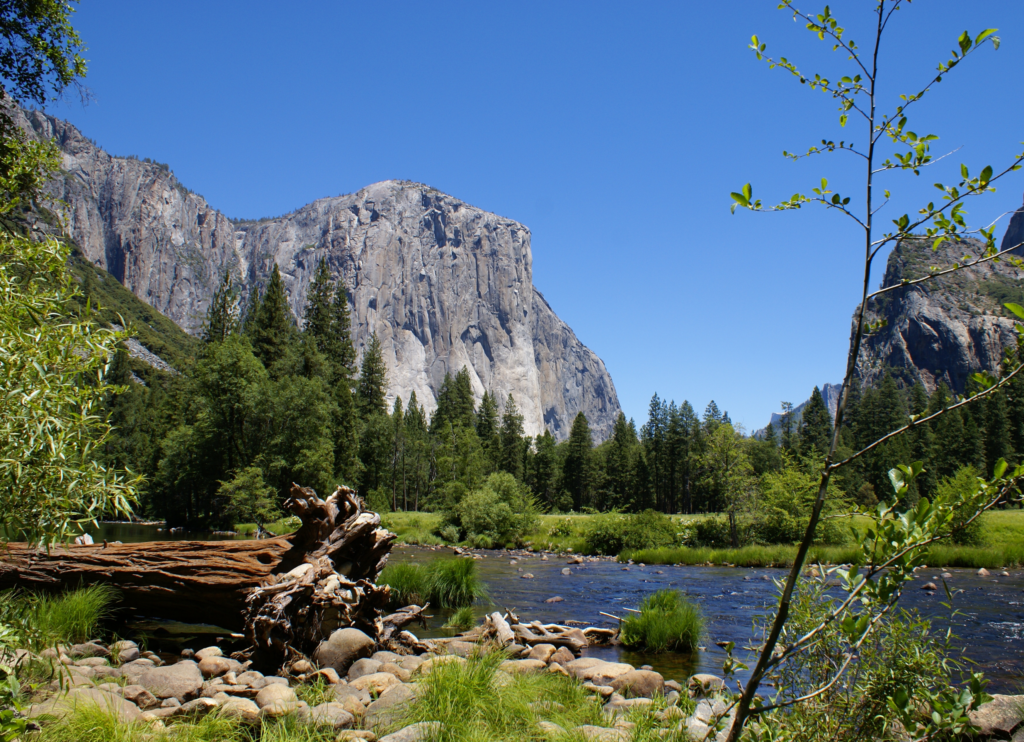
By Aude K. Chesnais “At a time where climate planning becomes urgent and global attention is increasing on the ecological value of land, Native Peoples’ land stewardship practices may well gain in recognition, which could strengthen tribal sovereignty in the US” Today, Indigenous peoples manage 80% of the world’s biodiversity, yet they receive only 0.74% […]
How Much Discriminatory Lending Practices Impact Agricultural Revenue on US Native Land
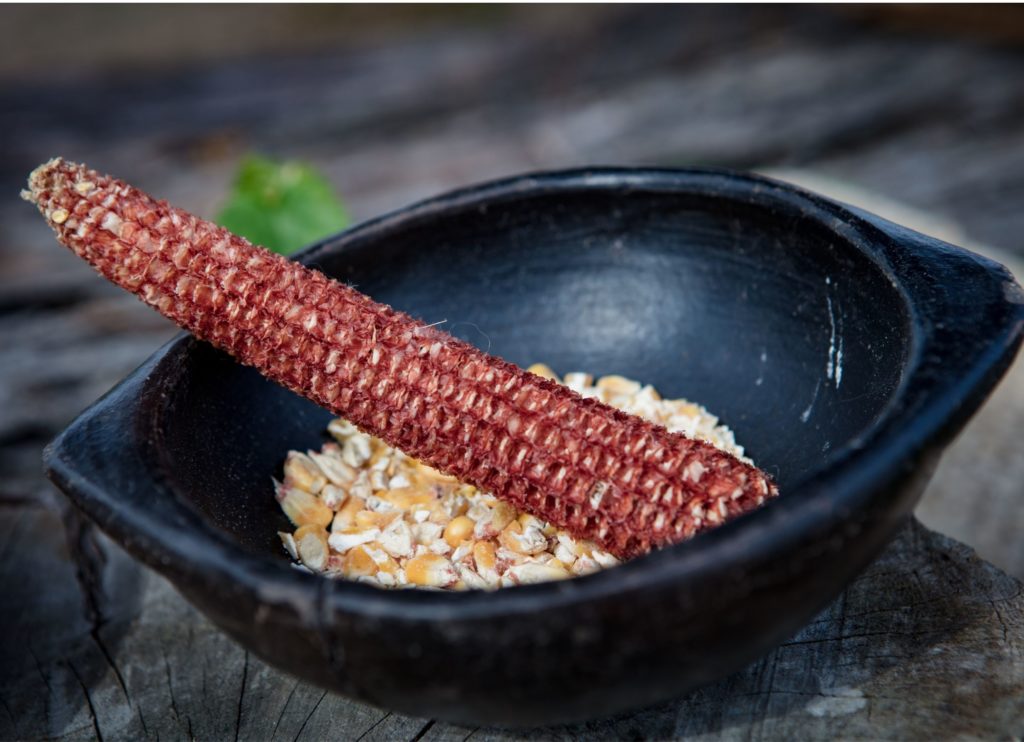
By Aude K. Chesnais Introduction: Lending and Debt on US Native Land In 2018, the Keepseagle settlement shed light on widespread lending discrimination across the native agricultural landscape. Native Americans sued the US Department of Agriculture in an attempt to settle historical lending discrimination, which resulted in a 720 million dollar settlement, split between individual […]
Bison Numbers Increased an Incredible 1031% on Native Lands
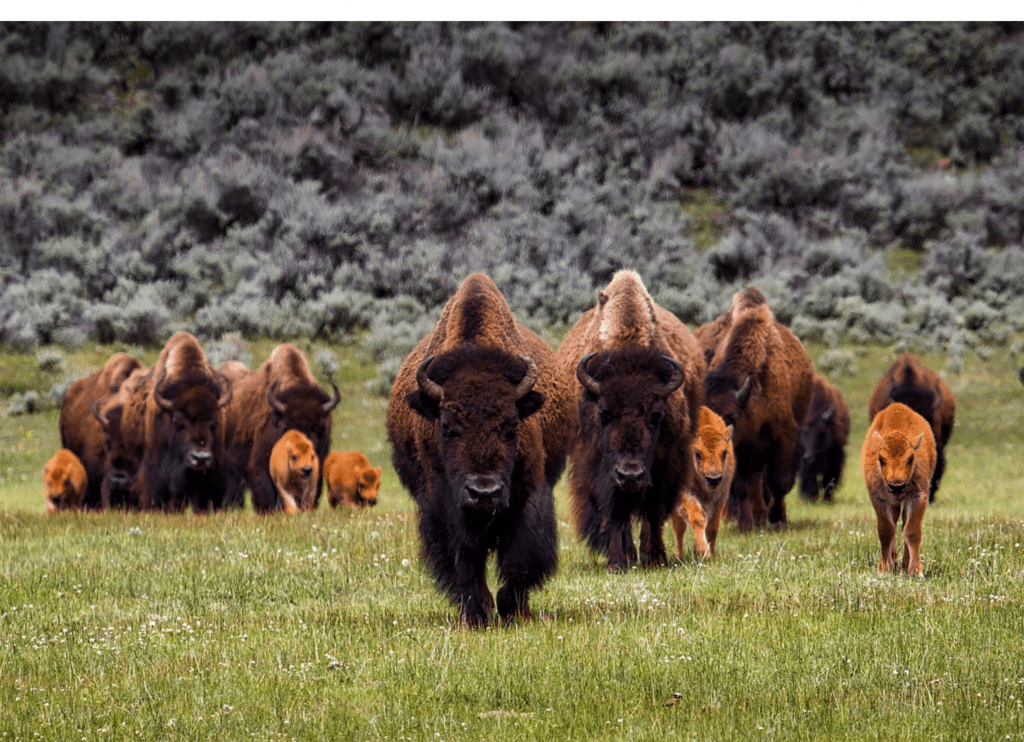
Between 2012 and 2017, bison numbers have significantly increased on Native lands. What factors have contributed to this major increase, and how does this fit within the larger historical context of American bison?
Women’s Representation in Agriculture Greater Among Native Americans
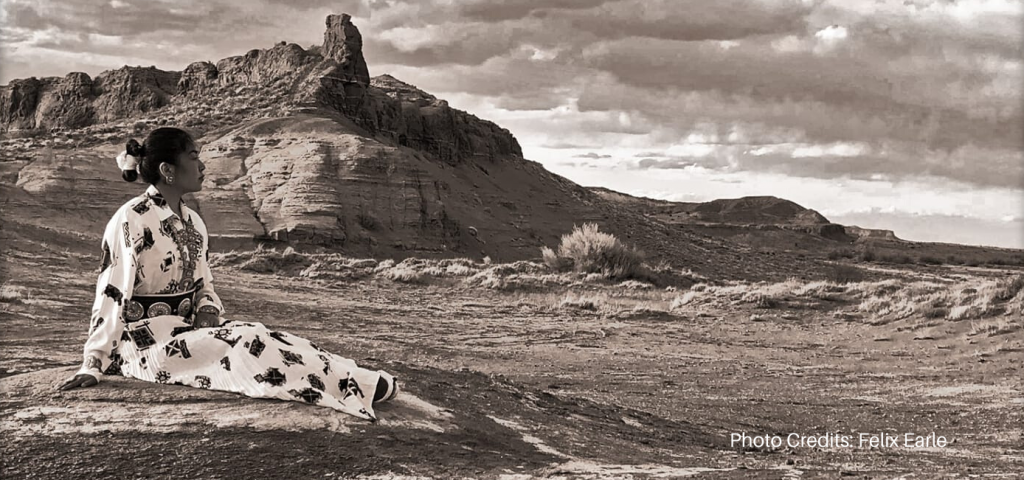
Increasing the proportion of women in agriculture has been a longstanding goal of agencies like USDA, FSA and programs like 4H but these programs may be able to learn a thing or two from Indian Country which has nearly equal participation among men and women. This is according to data collected in the 2017 USDA […]
Explore the Top 10 Native Lands of the 2020 Food System Transition Index
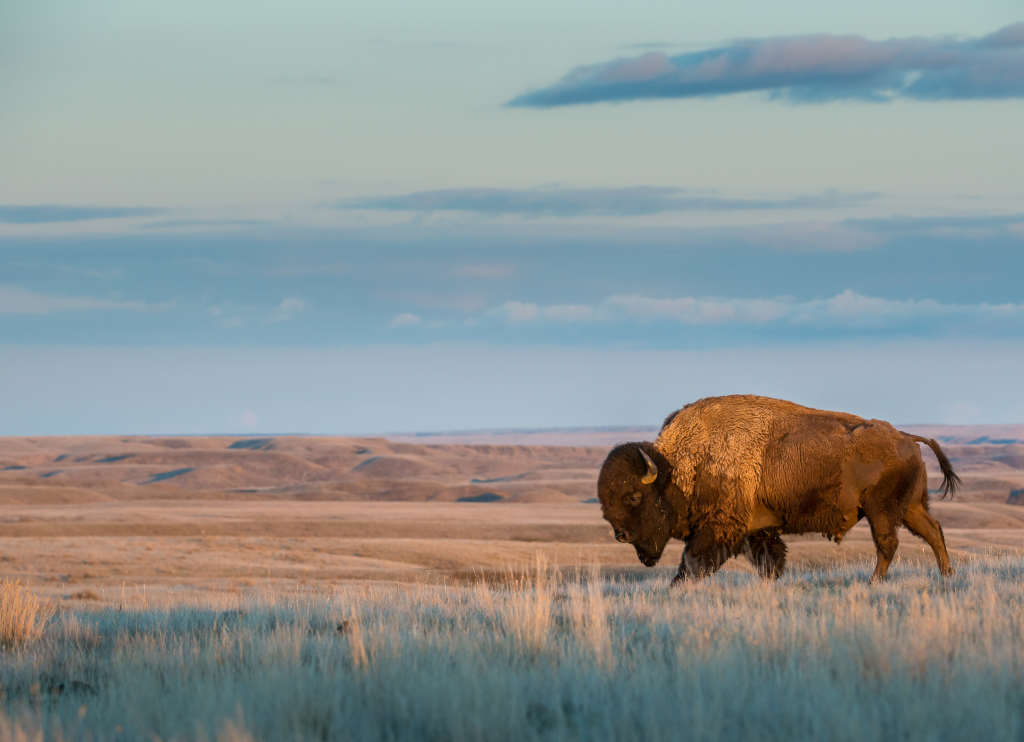
View the Top 10 ranked lands of the Food System Transition Index, a first-of-its-kind tool specifically designed for U.S. Native lands.
Explore the 2020 Food System Transition Index for U.S. Native Lands
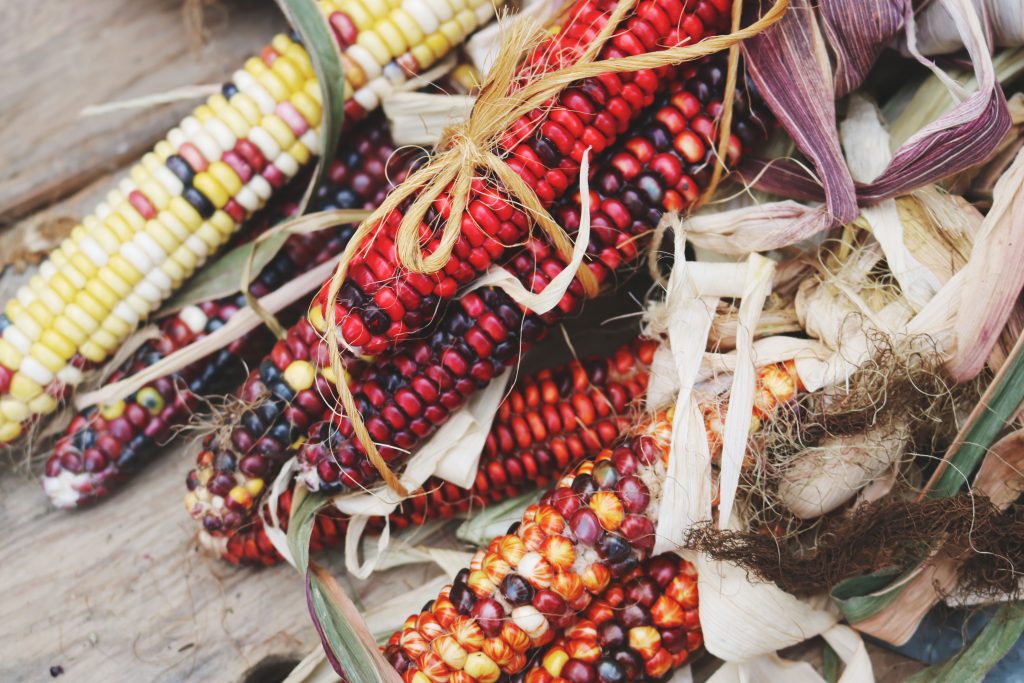
The Food System Transition Index compiles key indicators inherent to a healthy food system from a holistic indigenous approach.
Introducing the Good Food Access Indicator for Native Lands
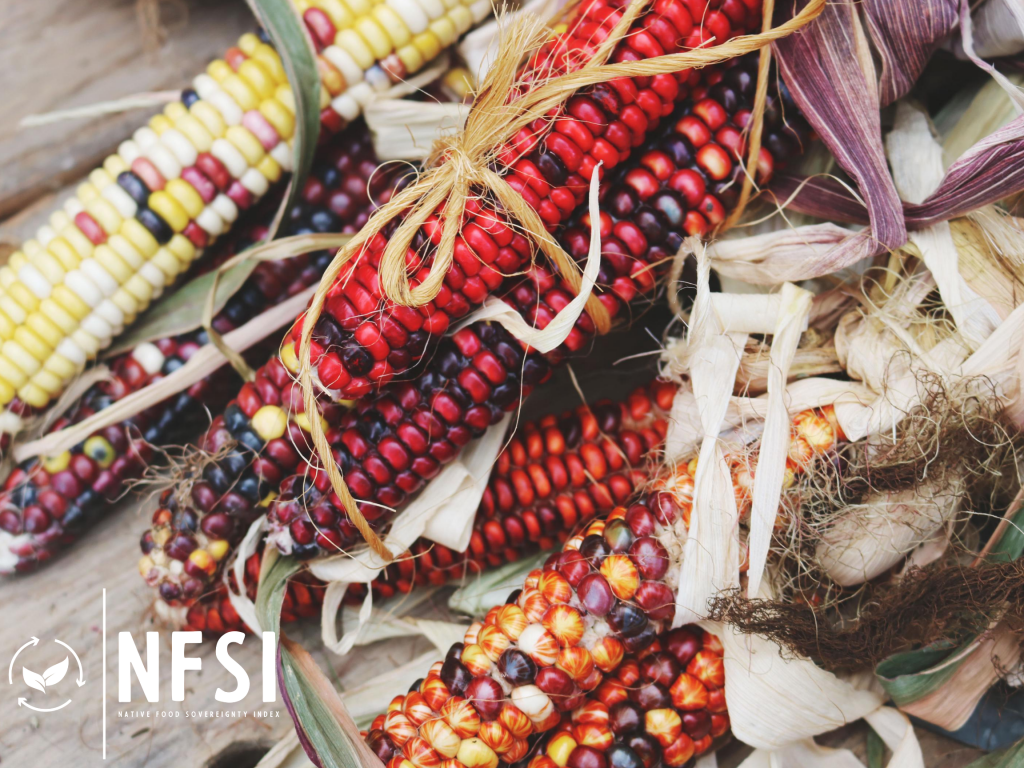
The Good Food Access Indicator (GFAI) is a composite score that assesses both access and quality of local food on US Native lands.

